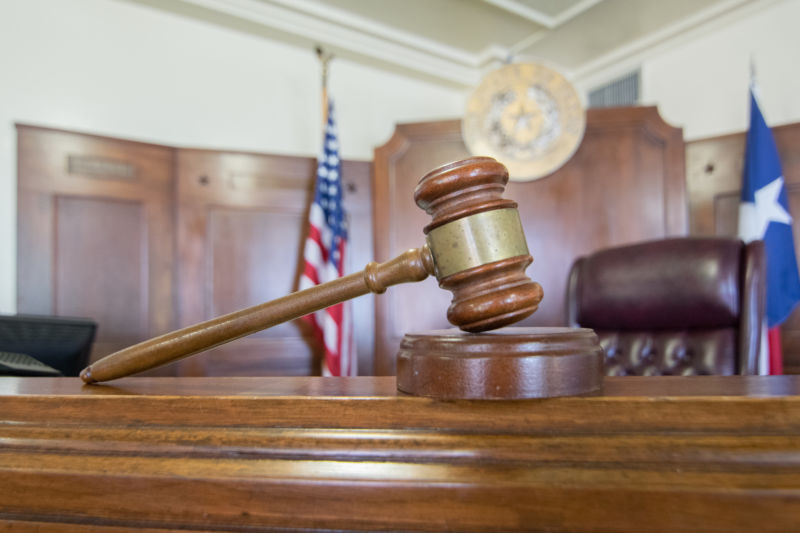What happens when climate change meets the courts?

Enlarge / The courts have become another frontline in the battle against climate change. (credit: Patrick Feller / Flickr)
In 2015, a group of children filed a climate change lawsuit against the US government on the grounds that "through the government's affirmative actions that cause climate change, it has violated the youngest generation's constitutional rights to life, liberty, and property." The case, often referred to as the Juliana case, is scheduled for trial in October this year.
Will this strategy work? Litigation involving climate change and environmental regulations has had mixed success over the years, but there are some common trends that could be informative. A paper published in Nature Climate Change this week combs through hundreds of lawsuits to tease out what kinds of strategies have been tried out, and what's been successful. The paper found that pro-regulation lawsuits often have a hard time proving injury but still have a decent track record on cases involving renewable energy.
On the case(s)Sabrina McCormick, a sociologist at George Washington University, is interested in the social dimensions that shape climate change. She and her colleagues created a database of all 838 climate change lawsuits in the US between 1990 and 2016, classifying each case by factors like the kind of plaintiff and the outcome of the case.
Read 7 remaining paragraphs | Comments